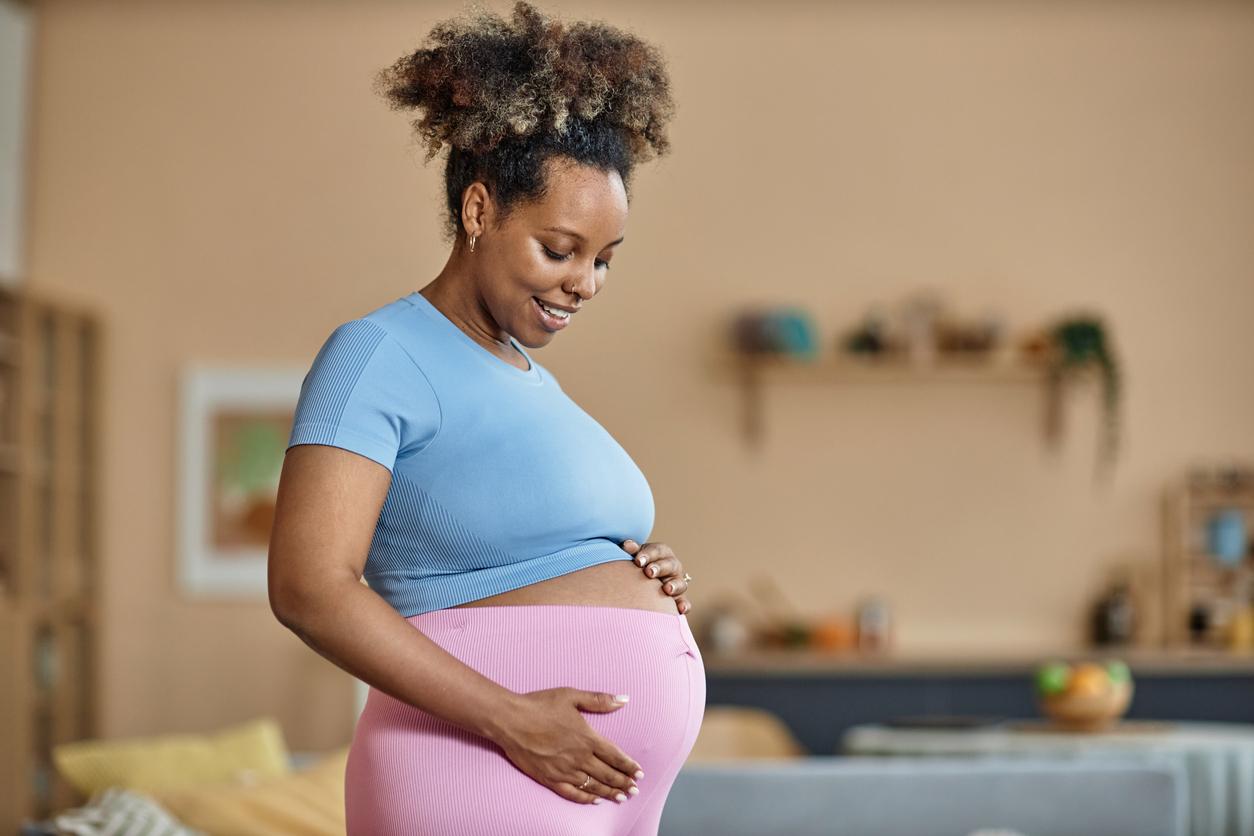Dietician-nutritionist Alexandra Murcier explains to us how a specific diet can help women get pregnant more easily.

- Changing your diet can make it easier to get pregnant.
- “In addition to unpolluted fish, it is important to include fruits, vegetables and whole grains as part of a profertility diet,” says dietician-nutritionist Alexandra Murcier.
- “Doctors have identified seven nutrients essential to fertility: 4 vitamins (B6, B9 or folic acid, B12, D) and 3 trace elements (zinc, selenium, iodine),” explains the specialist.
According to the dietician-nutritionist and co-creator of the BeMum program Alexandra Murcier, implementing a suitable diet significantly boosts fertility.
“Whether you are undergoing medically assisted procreation, have been unable to have a child for several years or have simply been trying to have a baby for a few months, you don’t necessarily think about the link between diet and fertility. However, many studies have shown its existence, in both men and women,” begins Alexandra Murcier. “Indeed, the dietary choices we make can have a profound impact on fertility, and understanding this relationship is essential for those considering conceiving or struggling to achieve a pregnancy,” she continues.
A study conducted in 2019 by researchers at Harvard University in the USA highlighted that women undergoing medically assisted procreation who had a diet adapted to fertility improved their chances of having a baby by 50%.This figure is not insignificant!” underlines Alexandra Murcier.
“Diet is also the first-line treatment for PCOS (polycystic ovarian syndrome), a pathology that directly impacts female fertility. Furthermore, a body mass index that is too high or too low has a direct impact on fertility,” recalls the specialist.
What is a pro-fertility diet?
But then, what is a pro-fertility diet? First of all, you have to integrate omega-3. “Omega-3s are important for fertility because they contribute to the quality of our cell membranes and are necessary for building your future baby’s nervous system,” explains Alexandra Murcier. Nevertheless, “WHO recommends that women who want to have a baby limit their consumption of tuna and salmon, because even though they are rich in omega-3, they are highly polluted fish. Consumed in excess, they can therefore be toxic for the fetus, disrupt hormonal cycles and hinder the maturation of oocytes,” nuances the dietician-nutritionist.
In addition to unpolluted fish, it is important to include fruits, vegetables and whole grains as part of a profertility diet.
“Taking food supplements, even if it can never replace a balanced diet, can also be decisive in increasing your chances of pregnancy and better preparing your body to welcome a baby. Doctors have thus identified seven nutrients essential to fertility: 4 vitamins (B6, B9 or folic acid, B12, D) and 3 trace elements (zinc, selenium, iodine)”, explains the specialist.
Fertility: what foods should you avoid?
“Ultimately, it’s not just what we add to our diet that matters, but also what we avoid,” says Alexandra Murcier. “It is therefore imperative that the foods consumed are free of pesticides so as not to disrupt hormonal balance. Similarly, ultra-processed foods rich in added sugars and saturated fats can have harmful effects on reproductive health, so they should be banned,” she says.
“You may feel like you’re eating healthily and paying attention to your diet, but that doesn’t necessarily mean you’re eating a fertility-friendly diet. It should target certain vitamins and minerals that play a direct role in reproductive health. Knowing which foods are rich in them and increasing the frequency with which you eat them can help you optimize their intake,” she sums up in conclusion.
In France, one in four couples has difficulty conceiving a child, a figure that has continued to increase over the past twenty years.















